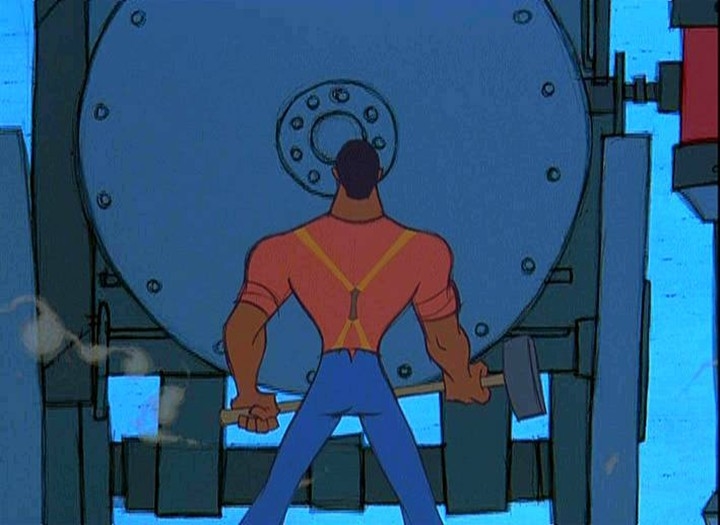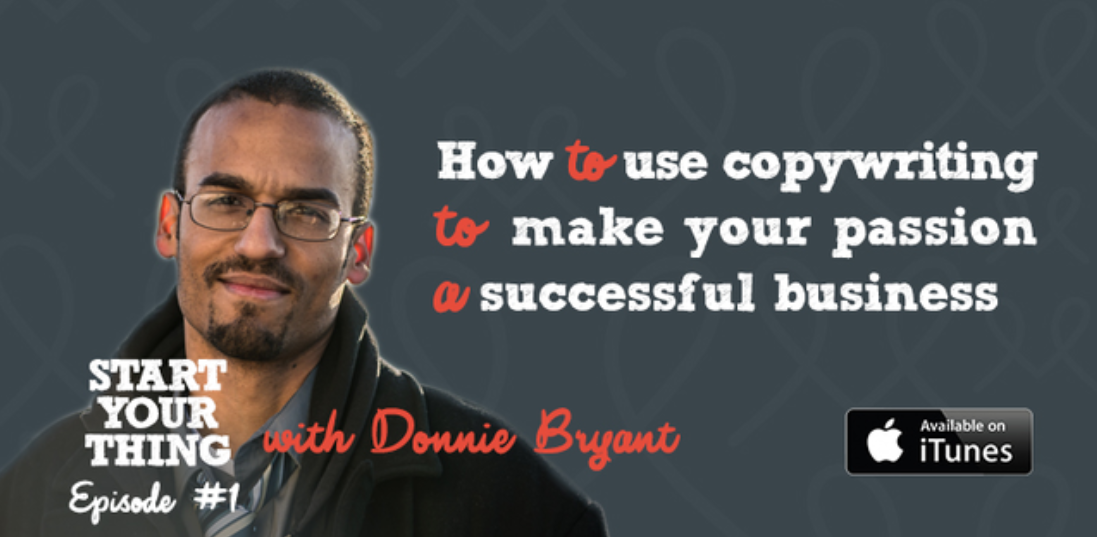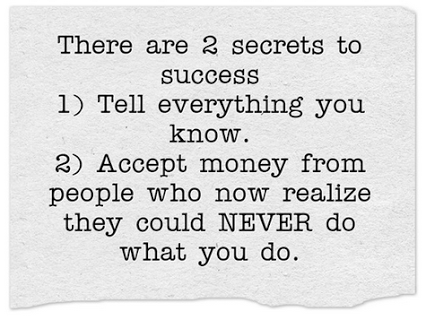I’m guessing you’ve had at least a couple conversations about AI over the past couple weeks.
I’ve had a couple dozen. And each time, an image pops in my mind of the steel-driving man John Henry staring down that ol’ steam drill.

According to the folk story John Henry worked himself to death trying to beat the machine in a high-stakes competition.
But the true story behind the legend ends differently. Henry dies from a lung condition caused by inhaling rock dust. In other words, it wasn’t a machine that killed him. It was the work itself.
I see a John Henry situation with artificial intelligence today.
Creatives are worried about the future. One of the most influential copywriters in the game predicted that AI will put 80% of copywriters out of work within 12 months.
Like that ol’ steam drill. Only John Henry could compete. Everyone else was obsolete.
Claiming 80% of copywriters will be out of a job by next New Year’s Eve is a bit drastic, if you ask me. But it’s impossible to deny that AI presents a challenge.
So, how do you AI-proof your business?
Respect the Tech and Protect Your Neck
This advice is for copywriters, but I encourage any entrepreneur to pay attention, too.
1) Flip the fear. There’s a TON of things AI can’t do yet. And even more that it can’t do well. For example:
- It’s not great at persuasion or authentic personality
- It can’t really dig into breaking news and trending topics
- The longer the output you’re looking for, the more problems will creep in.
Don’t let fear paralyze or discourage you. This is an opportunity. Respect the tech by using it to enhance your own productivity and creativity. Bring your special expertise to bear on the AI output and make real magic.
This is how you prevent the work from killing you like it did the real John Henry.
2) Get your weight up. There’s a lot AI can’t do, but it is more than capable of doing a TON of basic, low-level copy tasks.
In order to AI-proof your business, you can’t be mediocre. You can’t rely on basic, low-level copy tasks. Protect your neck by developing an expertise. I think it’ll be a while before AI can churn out effective (and accurate) copy for certain specialized niches like financial and alternative health. Especially long-form copy.
Continually get better at direct response techniques. Add something special a robot can’t do: humor… unique, bold perspective… original research.
3) Promote yourself more and better. This may be the most important advice, although it’s far from new.
Until AI starts making the hiring decisions, you’re still dealing with human prospects. They need to see you. They need to get a glimpse into your particular genius. They want to feel a connection with you.
It’s up to you to make that happen through confident self-promotion.
AI is getting all the good press these days. And your potential clients are thinking seriously about using it to make their lives easier. (So that can’t be your only argument now!) Their friends are telling them how cool it is. What do they need a copywriter for?
Well, for the reasons I mentioned above. If you have persuasion skills, the ability to communicate with authentic personality, and proven profit-pulling penmanship, you can do what AI can’t.
But you have to make sure people know that about you!
Whether you consider yourself an extrovert or not, you’re likely going to have to put yourself out there more.
I believe video will be especially important in the coming weeks. Because AI can’t recreate your personality, your charm, your empathy.
The only downside is that the more videos you make, the better Donnie deepfakes AI will be able to make!
Respect the tech. Use it to your advantage.
Protect your neck. Show yourself superior in all the ways that matter.



